The Brandeis-Bardin Institute (BBI) has had its share of crises in the last year — from toxic well water to wildfires. But one of the more damaging forces the Simi Valley institution has had to weather recently is the pervasive rumor of discord within its leadership following the departure of its former president, Rabbi Lee Bycel.
Rabbi Isaac Jeret will take over as BBI president July 1. The professional songwriter-turned-Conservative rabbi was able to bring peace to Temple Emanu-El, a synagogue in Palm Beach, Fla., which lost more than 200 families due to an internal conflict in its leadership. The Journal recently spoke with Jeret about his plans for the 3,000-acre campus.
Jewish Journal: What is so appealing about this job that you’d leave Temple Emanu-El?
Rabbi Isaac Jeret: First of all, it was not an easy decision to pick up and leave where I am. Temple Emanu-El is wonderful and Palm Beach is a very special community. My family is very blessed to be here. I can tell you that we really agonized over this decision. What ultimately attracted us to BBI was the opportunity to do something on a large scale that can affect the Jewish people very positively in a much larger way.
JJ: BBI is rumored to have weathered some internal strife lately. How would you address such a problem?
IJ: Interestingly, in my encounter with the institute, on any level — be it lay leadership or staff — I have not encountered anything of the sort. I’ve encountered an openness to innovation, an openness to partnership with other institutions and the fundamental understanding that the future can be based upon the past but needs to grow beyond the past as well.
JJ: Former President Lee Bycel had BBI reach out beyond its local audience. How do you plan to keep BBI competitive both nationally and internationally among other Jewish institutes?
IJ: First of all, I know very little about Rabbi Bycel’s tenure. I’m still learning the institute. I have 50 years of history I need to catch up on. The second thing is I can tell you that my own vision for the institute is very much as an international institute that engineers and generates unique and exciting Jewish cultural and religious experiences. To what extent that mirrors any of BBI’s past presidents or doesn’t, I really can’t tell you. But I can tell you that I believe that Shlomo Bardin would be very proud of where we’ll be taking this institute.
I really don’t see a need for us to be competitive in the landscape of Jewish institutions, whether locally, nationally or internationally. What is unique about our institute is that we can be cooperative with virtually every other Jewish institution that can possibly exist — we are decidedly nonideological, we are the largest piece of Jewish-owned land that is available for all kinds of interesting purposes anywhere outside of Israel, and we have and will continue to develop a unique faculty capable of facilitating special and unique gatherings of Jewish people to explore all kinds of issues around Jewish identity and Jewish spirituality. To my mind, we can become a paradigmatic, cooperative meeting point for many Jews and for multiple Jewish institutions.
JJ: BBI has provided a forum for musical expression. As a songwriter, will you be expanding this?
IJ: I definitely hope to, but I hope to expand all of our endeavors, in all of the arts, because the arts have traditionally been and can be one of the most powerful and compelling expressions of Jewish life. In a time when the Jewish people is characterized in large measure by an apathy for Jewish institutional life and divisions among us — ideologically, politically or otherwise — the arts can be an incredibly powerful, unifying force. One of the overarching goals of the institute, as I see it, is to bring Jews together in as many ways as possible.
JJ: Have you planned any changes for BBI programs?
IJ: The truth is that I haven’t done that kind of evaluation. Here’s what I can tell you: We are a mission-driven institution, and I’m a very mission-driven person. We will do what we need to in order to achieve our vision while expressing the core values that we really believe in as an organization and a people. Those parts of our past or present that serve that mission and those values will be valued, treasured and maintained.
For more information about the Brandeis-Bardin
Institute, call (805) 582-4450 or visit www.thebbi.org .






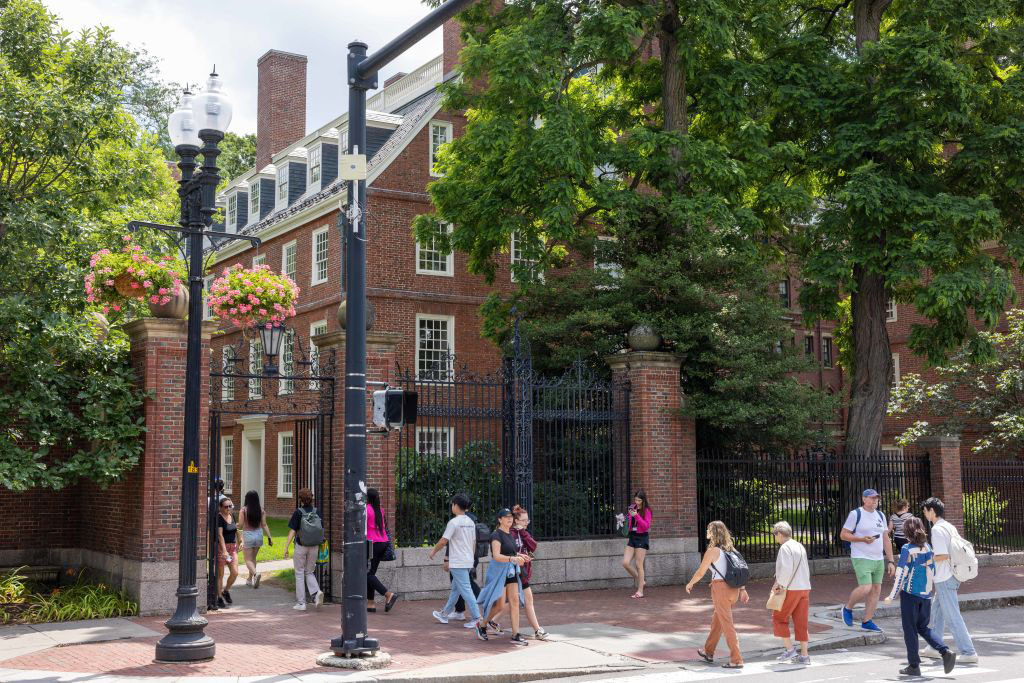
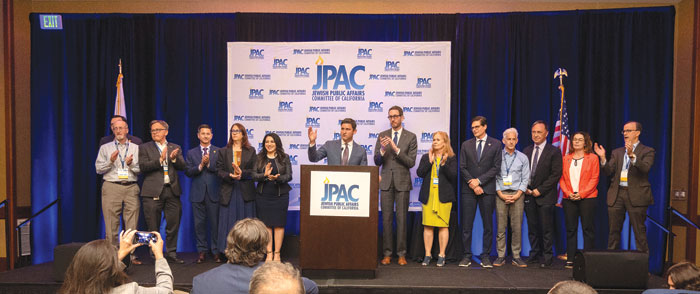

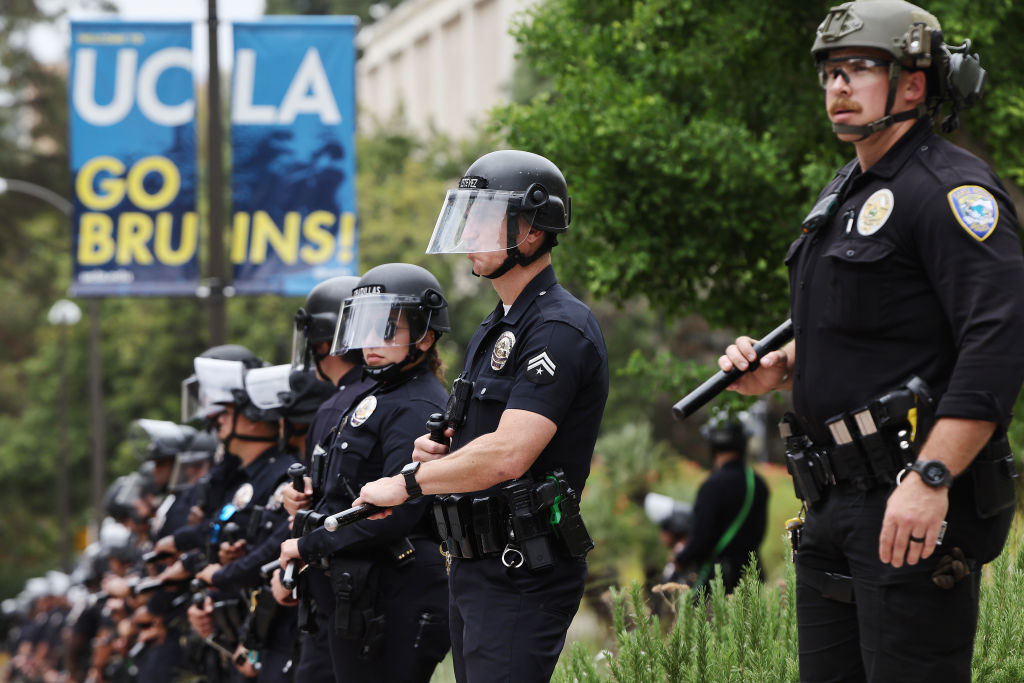


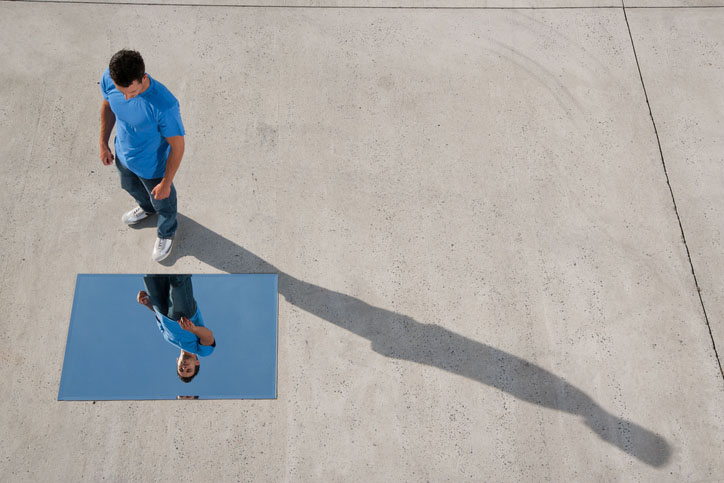
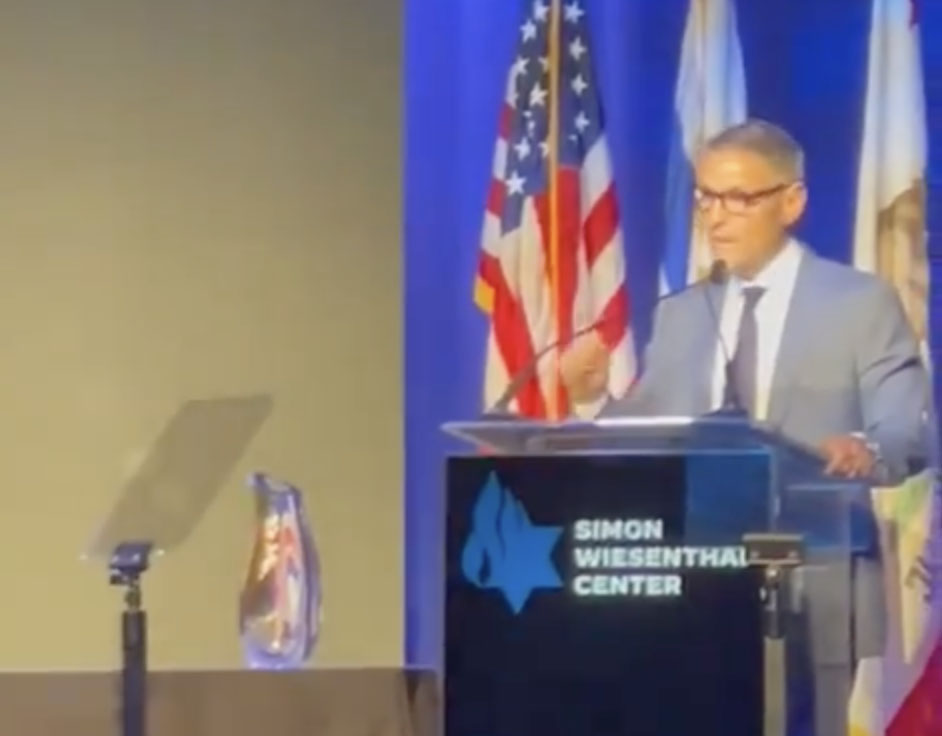
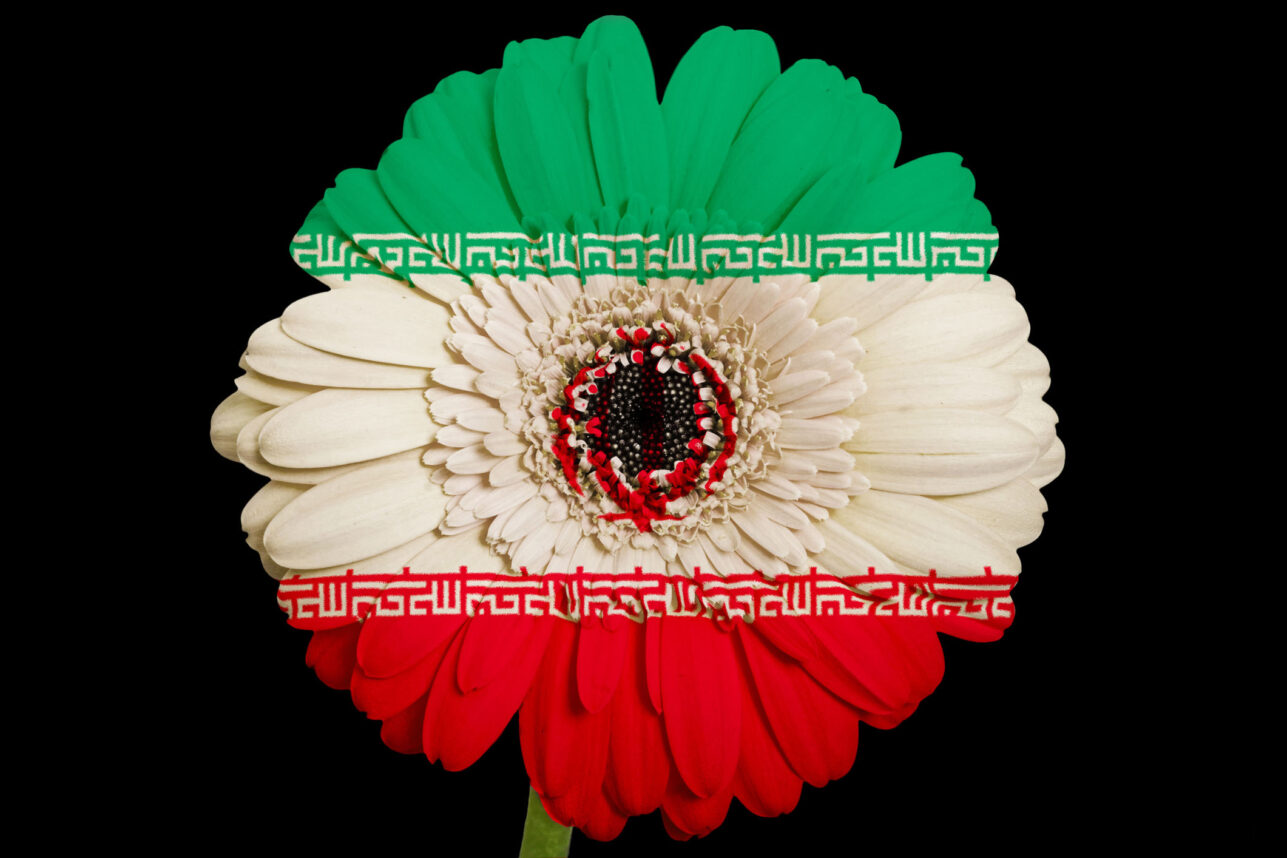
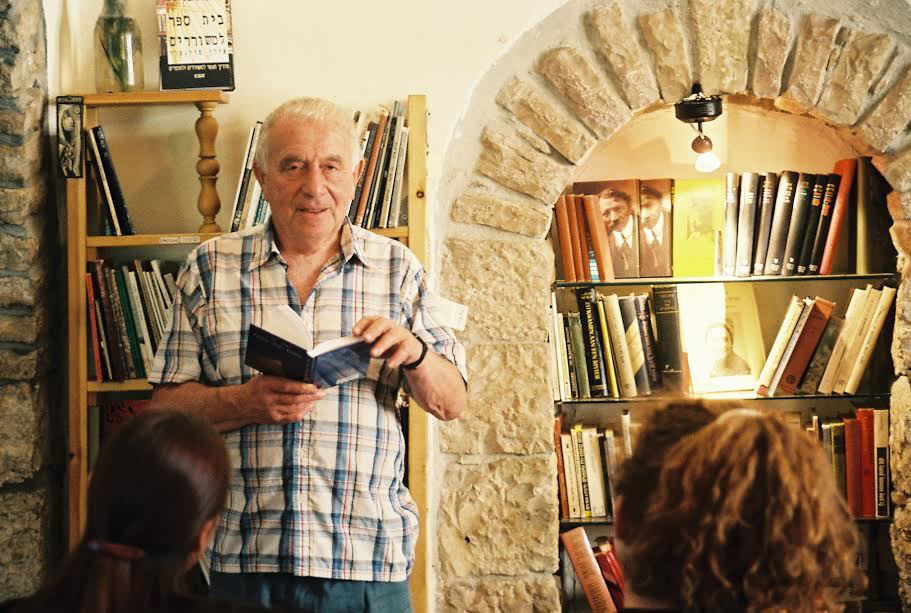





 More news and opinions than at a Shabbat dinner, right in your inbox.
More news and opinions than at a Shabbat dinner, right in your inbox.